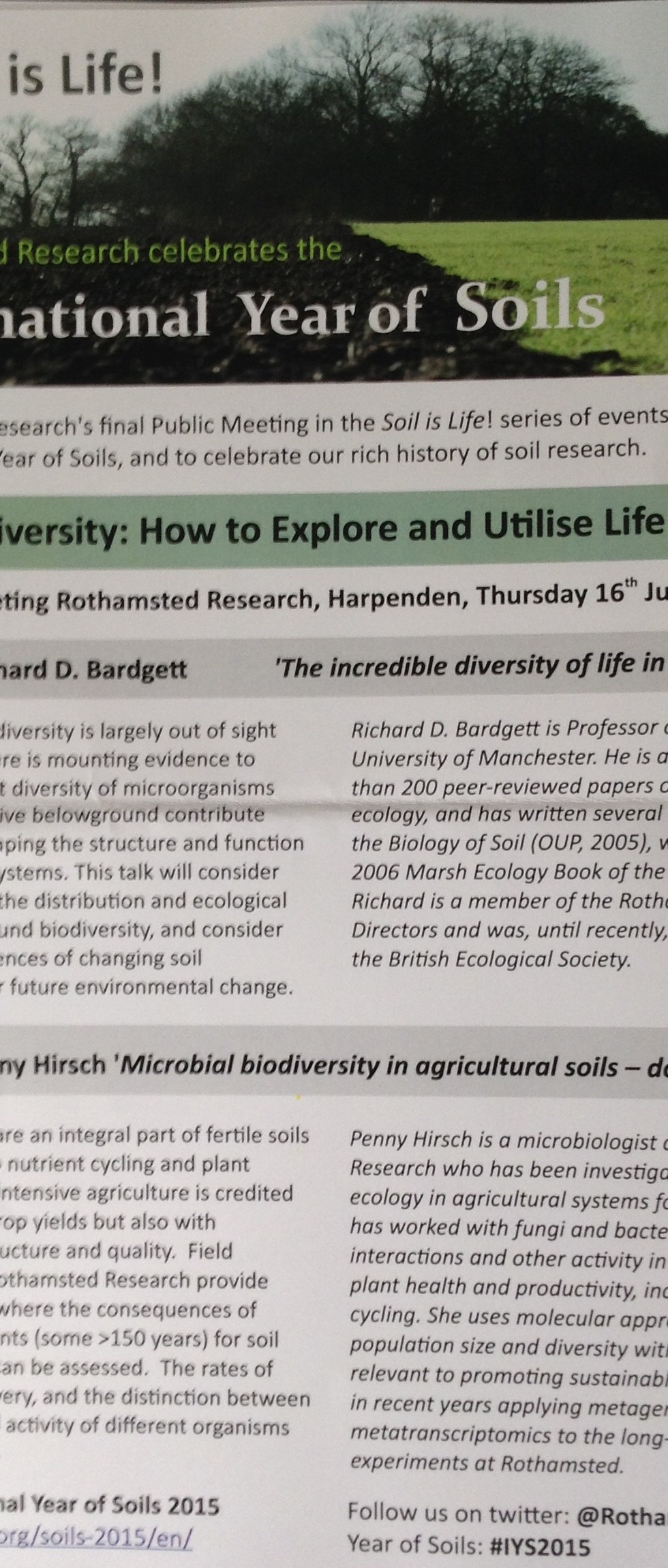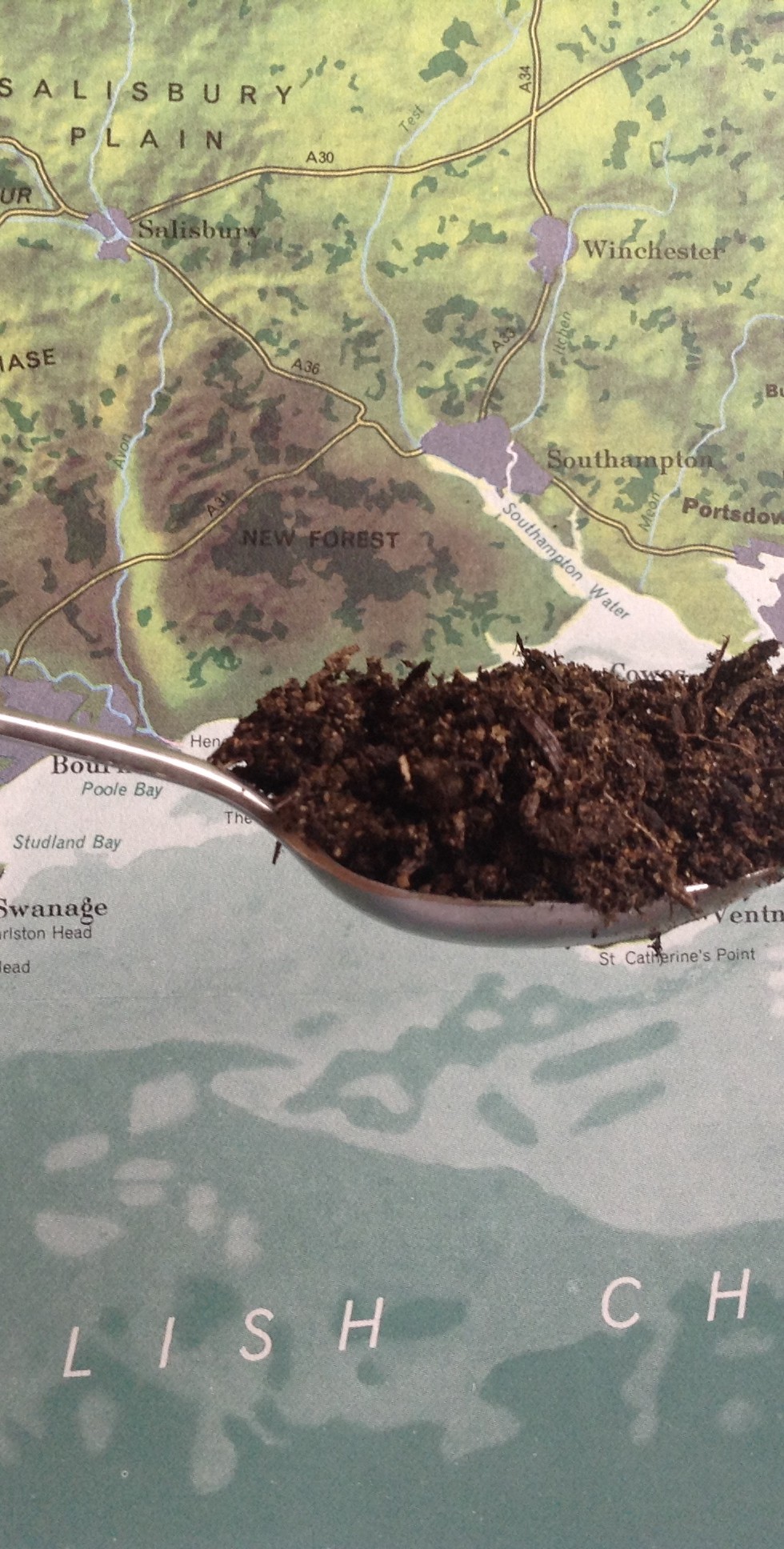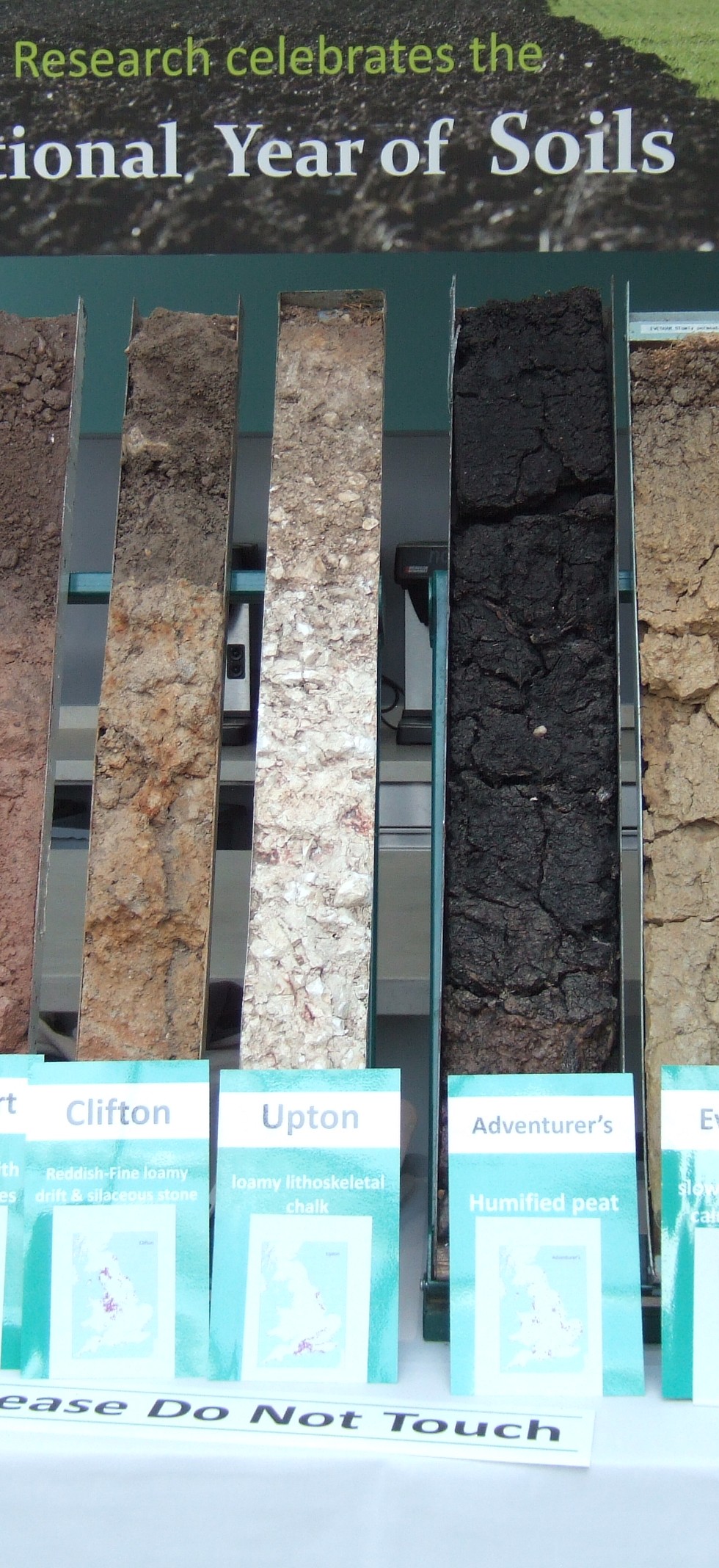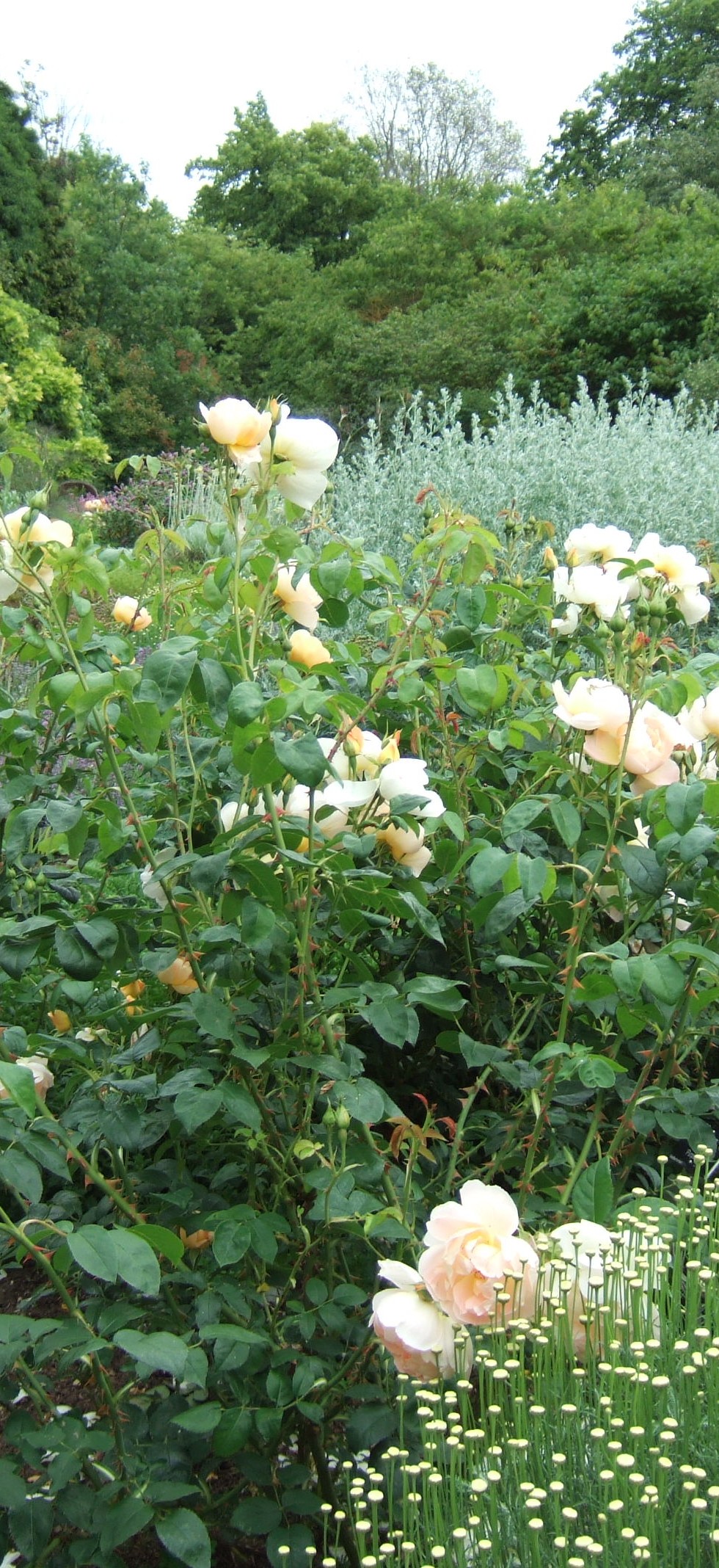United Nations Food and Agriculture Organisation International Year of Soils logo
Three decades ago David Attenborough finished his television series ‘The Living Planet’ with a summary of basic conservation principles (from the International Union for the Conservation of Nature, the United Nations Environment Programme, and the World Wildlife Fund) and then issued a moral challenge:
‘…We must do our utmost to maintain the diversity of the earth’s animals and plants. It is not just that we depend on them for food – though that is the case. It is not just that we still know so little about them or the practical value they might have for us in the future – though that, too, is so. It is, surely, that we have no moral right to exterminate for ever the creatures with which we share this earth.’
I utterly agreed then, and still agree, that the other living beings on this Earth have their own intrinsic value, beyond any values we humans might have for them.
But it is also worth finding out just what those living organisms might be doing for us, or could do for us. Soil organisms don’t usually get remembered even by national treasures, but soil is still one of the most unexplored habitats, and we still know very little about them by comparison with other more glamorous habitats.
So it’s fascinating to read in Medical News Today that soil bacteria may act in a similar way to antidepressants or in Scientific American that ‘An antibiotic with the ability to vanquish drug-resistant pathogens has been discovered — through a soil bacterium…’.
Who knows what else we might discover?
And of course without soil we would have no life on land, and no food from the land, and that would be it for our species.
But it’s also worth saying yet again that after rocks and the ocean, soil is the biggest carbon pool the Earth has. We need to look after the carbon held in soil organic matter, and increase it where we can.
The United Nation’s Food and Agriculture Organisation has designated 2015 as the International Year of Soils. Climate-friendly gardeners can help by looking after our soil because we need food, we might find all sorts of other useful things in the soil, and because soil can be a carbon sink – and, yes, because those soil organisms also have an intrinsic value in themselves.





 Climate-friendly gardening
Climate-friendly gardening